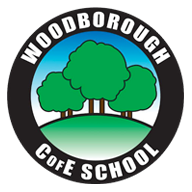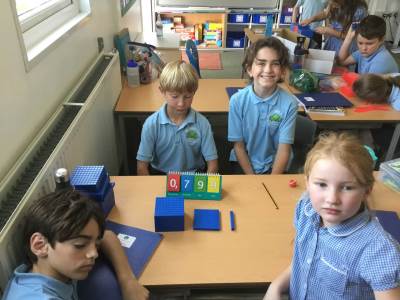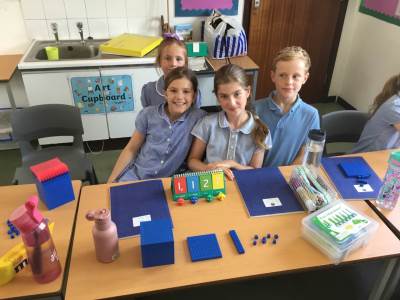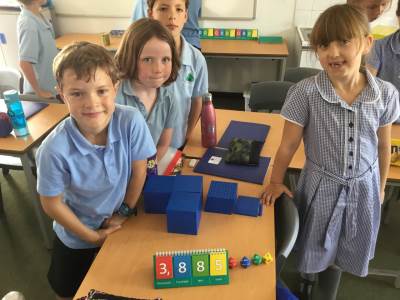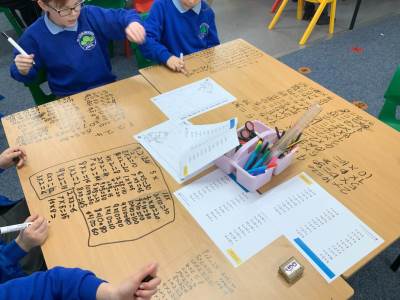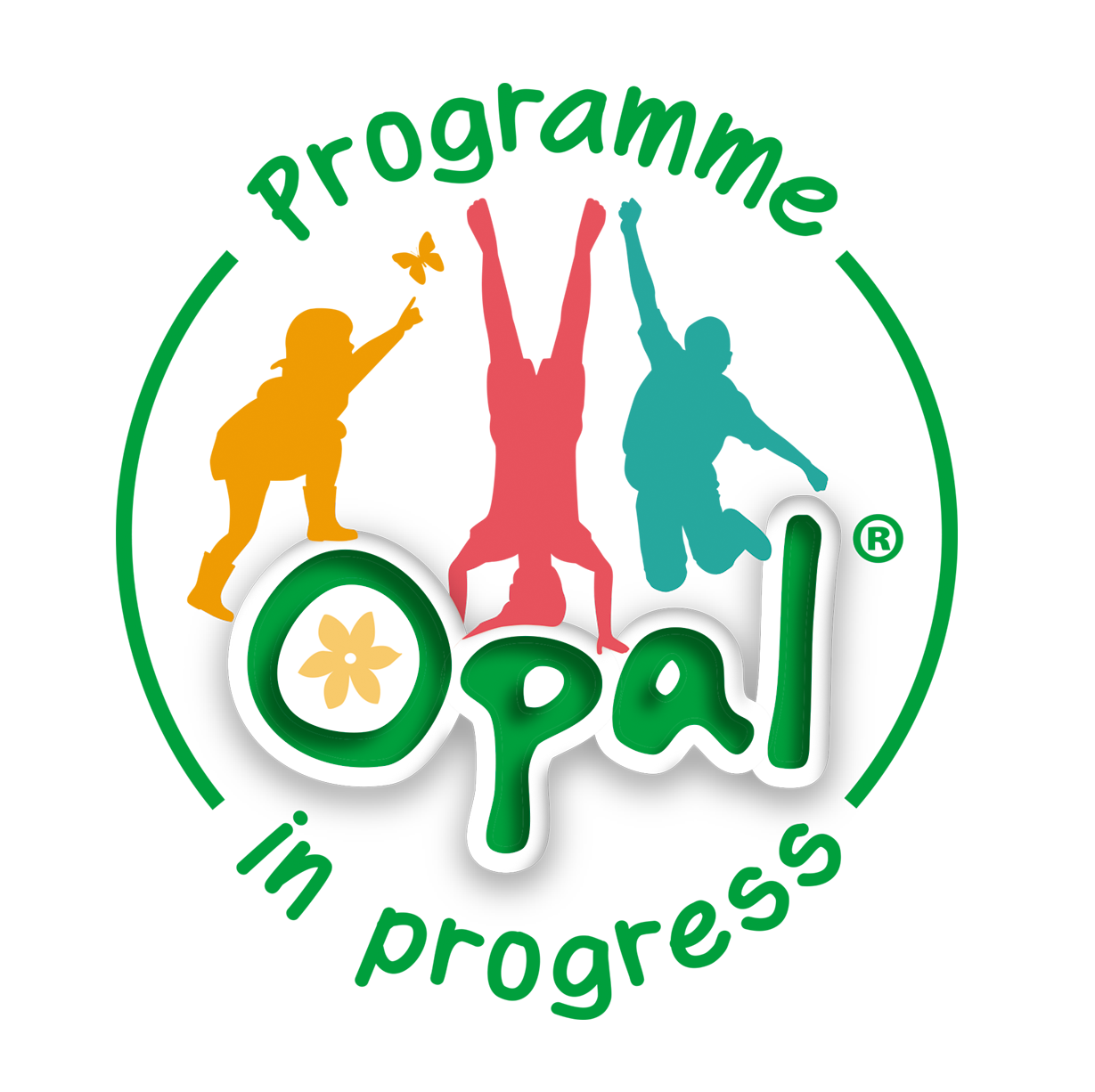Maths
Maths
Intent
The overarching intent for Maths is to:
- For our children to engage confidently engage with arithmetic, fluency, reasoning and problem solving.
- Appreciate the patterns and connections within mathematics and the wider world.
- Develop resilience by learning from mistakes and misconceptions.
Implementation
Our mastery approach to teaching mathematics is based on the National Curriculum objectives which develops children’s conceptual understanding from Early Years through to Year 6. We use White Rose Maths as a guide for planning. Daily mathematics lessons are taught with opportunities for children to develop their fluency, reasoning and problem solving skills. Each concept is taught systematically, in small steps that build on children’s previous learning. Our teaching of mathematics is structured in a cyclical format, to afford children more opportunities to build their fluency and consolidate their understanding using a concrete, pictorial and abstract approach.
Fluency
In addition to daily mathematics lessons, children in EYFS & KS1 are regularly taught core addition and subtraction number facts. These core facts are built upon when teaching these strands and over time children will show deep conceptual understanding and recall these facts rapidly and with accuracy. In Years 2, 3 and 4 multiplication tables are taught in a systematic way and each table taught is in-line with the expectations of the National Curriculum. In the summer term, children in Year 2 begin daily chanting of multiplication facts, using a structured program which focuses on the language patterns of these facts to aid their rapid recall and accuracy. This daily process is continued in Years 3 and 4, building on the multiplication tables as stipulated in the National Curriculum, so children are prepared, confident and fluent with their multiplication tables. In Years 5 and 6 any gaps in multiplication tables knowledge are addressed. Class teachers teach calculation strategies in a systematic and logical order which is in-line with our calculation policy.
Reasoning and Problem Solving
Mathematical reasoning is essential for children’s conceptual understanding and daily mathematics lessons incorporate opportunities for children to develop and deepen their reasoning skills. Teachers model the accurate mathematical vocabulary that children should use for reasoning and STEM sentences are used to support children with their mathematical articulation. When asking questions, class teachers have the explicit expectation that children respond in full sentences. All classes have maths working walls which contain the key vocabulary for the sequence of lessons that are being taught. Children are confident referring to this resource to assist them with their reasoning. Children are taught to demonstrate resilience and perseverance when approaching more challenging problems. Our high expectations for this element of mathematics is modelled by teachers, and children are encouraged to use a variety of strategies, including for example bar models and concrete objects, to support them. Opportunities to apply learnt mathematical skills across the curriculum are carefully planned. For example, our children enjoy demonstrating their understanding when carrying out science experiments, geographical studies and relating maths to their everyday lives.
Impact
By the time children leave Woodborough, they will be confident mathematicians who:
- will be fluent and accurate in their recall of mental arithmetic facts and strategies
- will be confident with their methods for written calculations
- will approach reasoning problems with confidence and articulate their responses clearly
- will have an appreciation for the creativity of mathematics
- will recognise that mathematics is an essential aspect of their daily lives
- demonstrate resilience and perseverance when faced with challenging problems
- will be able to apply a range of mathematical skills into everyday life and in different contexts.
Key Documents
Mastering Number School Overview
Number and Place Value Progression
Addition and Subtraction Progression
Multiplication and Division Progression
Measurement ProgressionGeometry Position and Direction ProgressionFractions Decimals and Percentages ProgressionAlgebra ProgressionRatio and Proportion Progression
